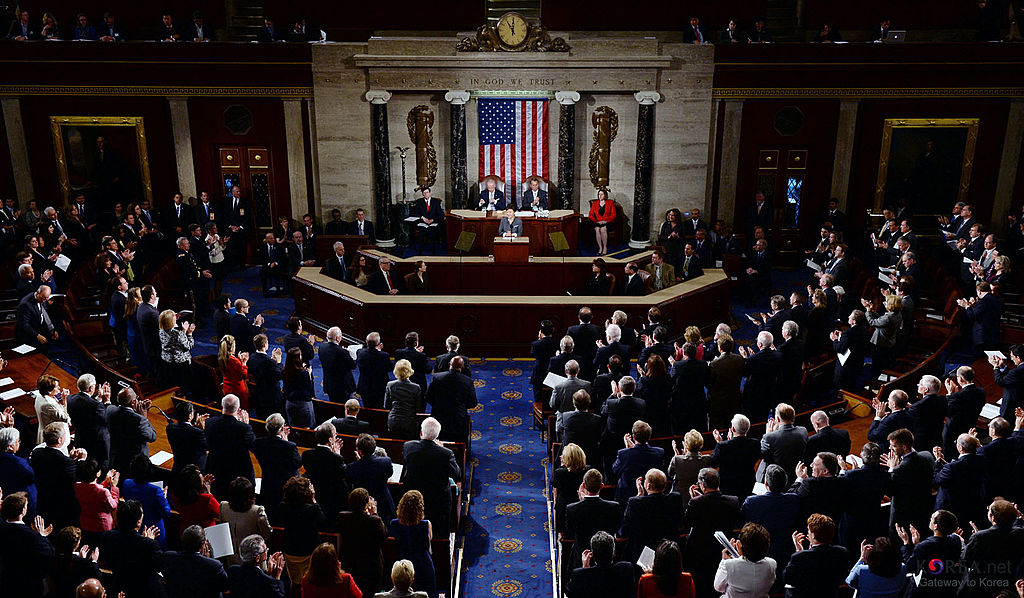
David Shambaugh, Gaston Sigur Professor and Director of China Policy Program at George Washington University, Distinguished Visiting Fellow at Hoover Institution of Stanford University
Sep 21, 2018
With the all-important midterm elections nearing, and the real prospect that Democrats will take control of the House and (less likely) the Senate, many are wondering if such a change would herald any substantive change in the United States’ policy toward China. The short answer, David Shambaugh argues, is no.

Wu Zurong, Research Fellow, China Foundation for Int'l Studies
Sep 20, 2018
Space war benefits no one.
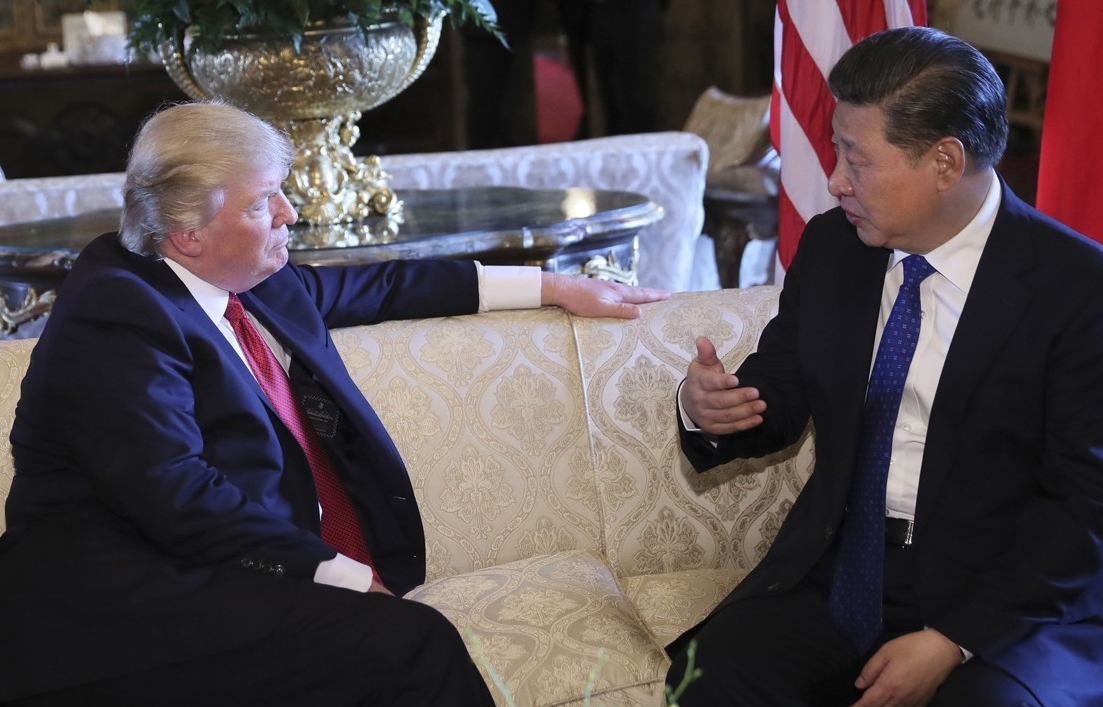
Gideon Rachman, Chief Foreign Affairs Columnist at the Financial Times
Sep 19, 2018
Both sides think they can win a trade war. One of them is wrong. The war will show which one that is.
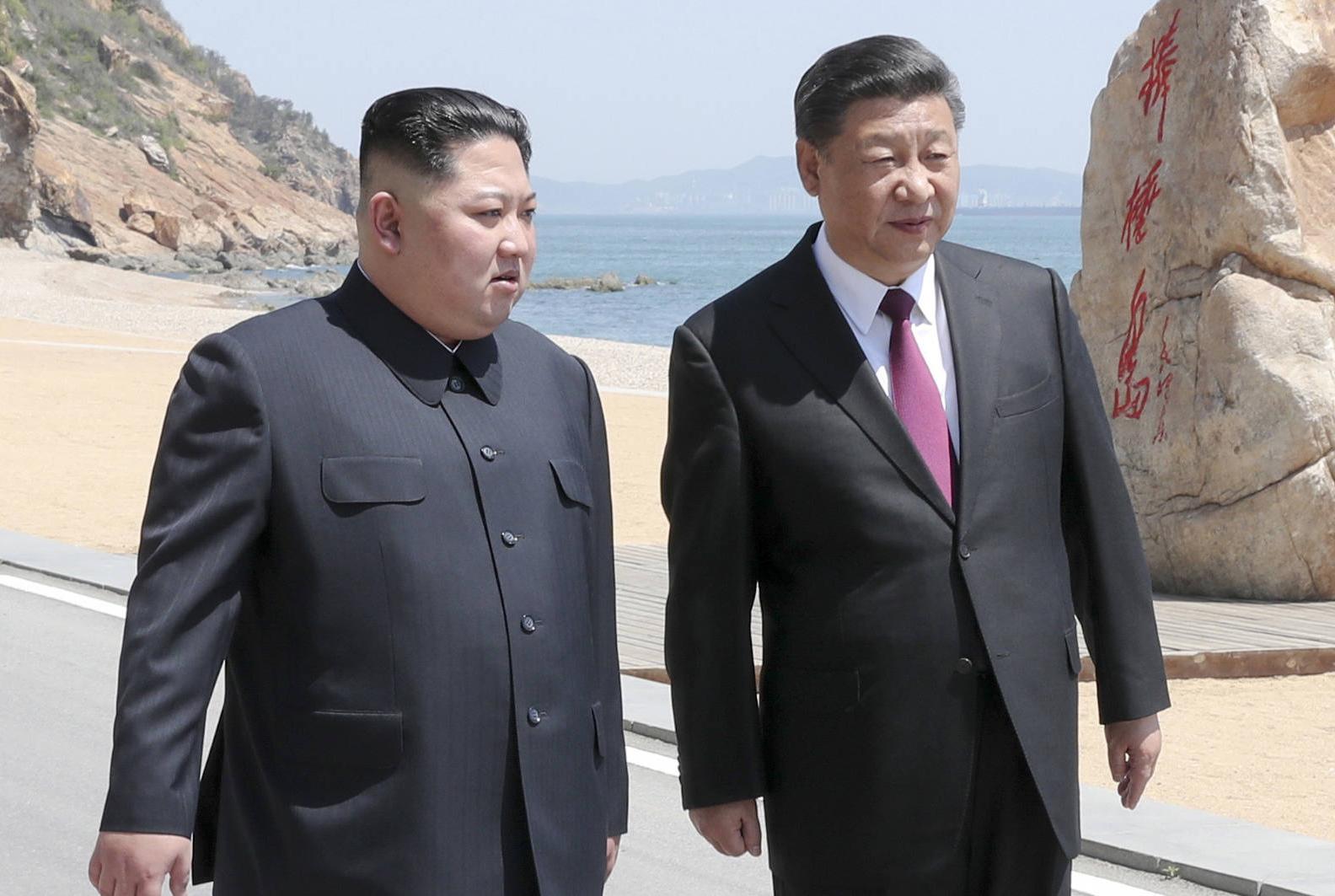
Minxin Pei, Tom and Margot Pritzker ’72 Professor of Government , Claremont McKenna College
Sep 06, 2018
Behind China’s apparent might lie fundamental weaknesses.
Li Chen, Research Fellow, Renmin University
Sep 05, 2018
The NDAA threatens the U.S.’ relationship with China and its own interests.
Michael Schuman, Journalist based in Beijing
Sep 03, 2018
"The Trump administration’s approach to these negotiations has made it all but impossible for Chinese President Xi Jinping to make a deal."
Sep 03, 2018
White House hopes to expand Overseas Private Investment Corp., a little-known agency it wanted to eliminate a year ago.
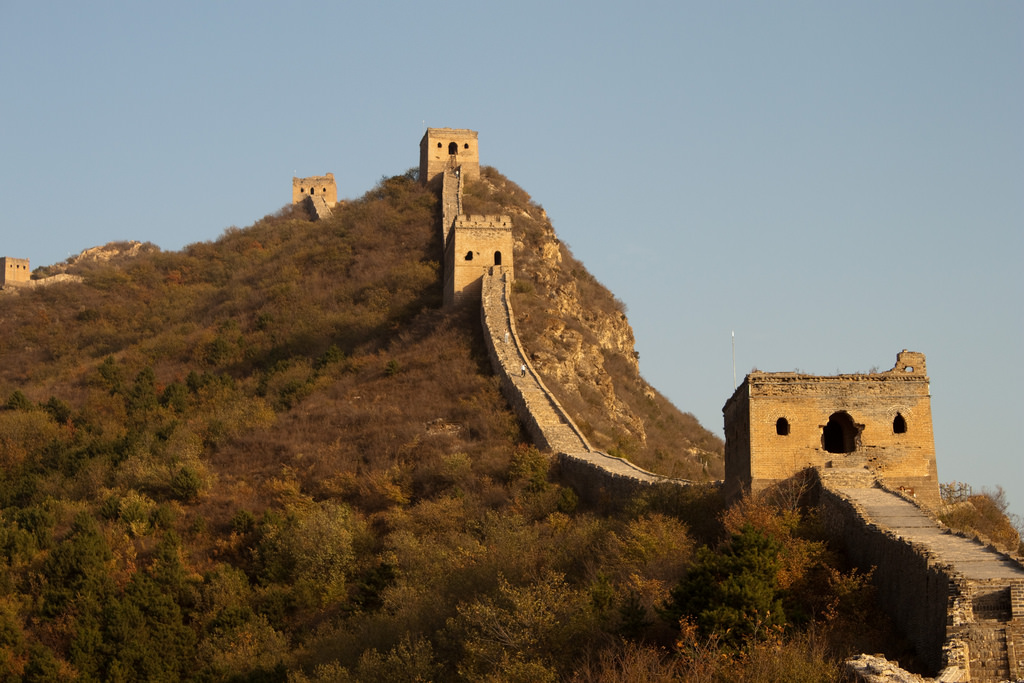
Yao Yunzhu, Retired Major General, Chinese People’s Liberation Army
Aug 31, 2018
China is being redefined in the U.S., by the president, by Congress, and by the American people themselves.
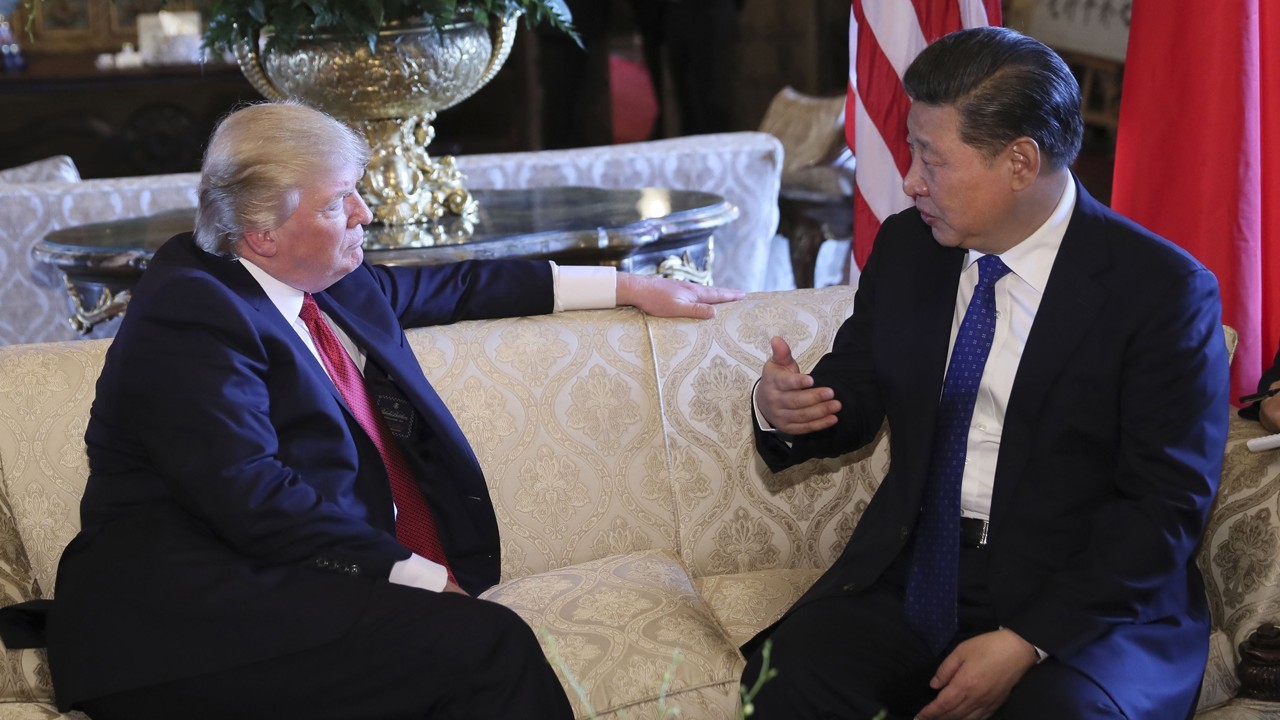
Tom Watkins, President and CEO of the Economic Council of Palm Beach County, FL
Aug 30, 2018
What is America’s plan to lead in the 21st century? Without focus and strategic investment, the U.S. is at risk of losing in the game of global leadership – and facing a future where America does not occupy a dominant position.
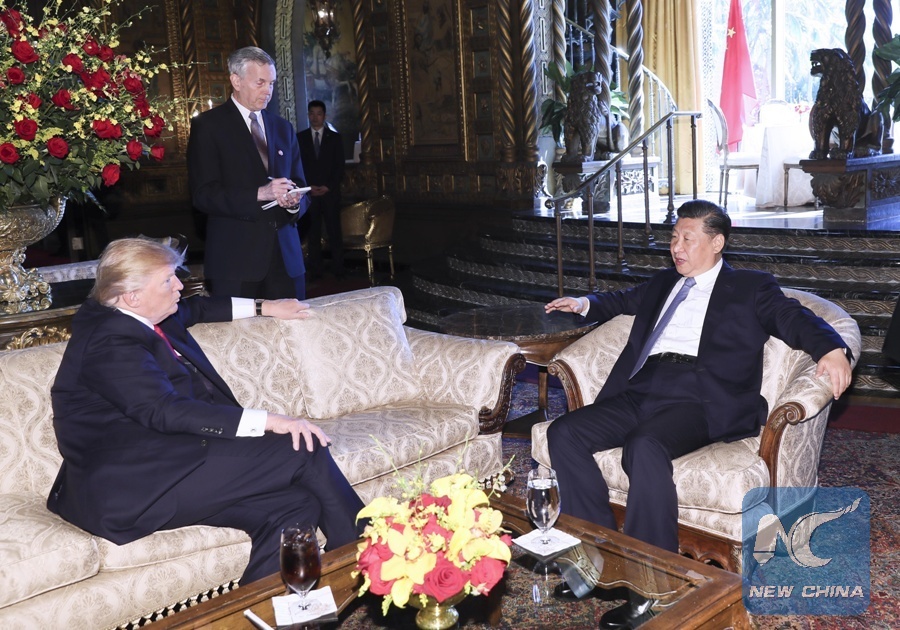
Simon Lester, Associate Director, Herbert A. Stiefel Center for Trade Policy Studies
Huan Zhu, Research Associate, Herbert A. Stiefel Center for Trade Policy Studies
Aug 28, 2018
A few short years ago, China and the United States appeared to be cooperating; today, the two are rivals in nearly every respect. What will become of this relationship, and how can existing international institutions and principles shape its future?
Back to Top

- China-US Focus builds trust and understanding between the U.S. and China through open dialogue among thought leaders.
- Our Offerings
- Topics
- Videos
- Podcasts
- Columnists
- Research Reports
- Focus Digest
- Stay Connected
-
Thanks for signing up!
- Get the latest stories from China-US Focus weekly.